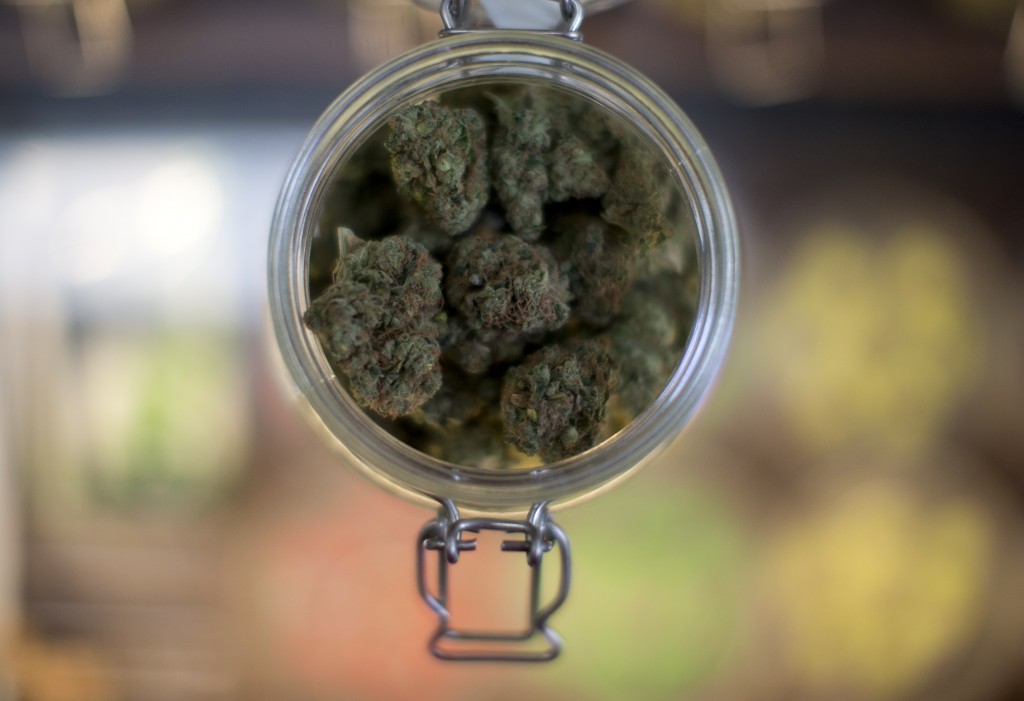Medical marijuana changes go into effect today
 Changes to the state’s medical marijuana program — part of an overhaul of the system recently approved by lawmakers — take effect Friday.
Changes to the state’s medical marijuana program — part of an overhaul of the system recently approved by lawmakers — take effect Friday.
The state’s Liquor Control Board is now the Liquor and Cannabis Board.
And post-traumatic stress disorder and traumatic brain injuries will now be considered qualifying conditions for patients hoping to receive a medical marijuana card.
Patrick Seifert, who owns a medical marijuana collective and is an advocate for veterans, plans to add PTSD to his medical marijuana card immediately.
Seifert, who lives in Olympia, works with veterans who already have medical marijuana cards; but, he said, acknowledging PTSD as a qualifying condition is an important and symbolic step.
That’s where Seifert’s, and many other medical marijuana advocates’, favorable opinion of the legislation ends.
The goal of Senate Bill 5052, which was signed into law in April, is to align the state’s medical and recreational marijuana systems with the intent of ensuring the drug is delivered in a safe, regulated manner.
One of the more controversial portions of the bill is the medical marijuana database. Although it’s set up to be voluntary, those who don’t register would not benefit from the same tax breaks and would not be able to possess or grow the same amount of marijuana.
“Do recreational marijuana users have to be in the database?” Seifert said. “I’ll answer that. No.”
In 2012, voters legalized recreational marijuana. Although medical marijuana has been legal in the state since 1998, it has operated in a legal gray zone. The state does not have a firm handle on how many medical marijuana users there are in Washington.
Many users are worried about a database since marijuana is still illegal at the federal level. The law is being phased in; the database and prohibition of community gardens won’t start until July 1, 2016.
Other changes taking effect today include:
• Limiting the number of plants that can be grown in a household to 15, no matter the number of patients living in the home.
• Health care professionals who write more than 30 marijuana authorizations per month must now report their totals to the state Department of Health.
• Butane extraction of marijuana oil is now illegal unless the person is authorized by the state.
• In addition, patient examinations and authorization cards must be issued at the health care practitioner’s permanent clinic, meaning cards can no longer be issued at a hemp festival or traveling bus.
“There are a lot of people out there that are concerned and nervous about these changes,” said Kristi Weeks, with the state’s Department of Health. “I hope they understand we are doing this very carefully and trying to meet as many of the community’s needs as possible. It’s all going to be OK.”
Sen. Ann Rivers, R-La Center, the chief sponsor of the legislation, said she is keeping tabs on how the legislation is working.
“It’s important policy and just to pass it and say we’re done is silliness,” Rivers said. “We turned a lot of dials this year and you have to keep on eye on what you did to find out if everything was the best thing for the people of the state.”
– Lauren Dake
